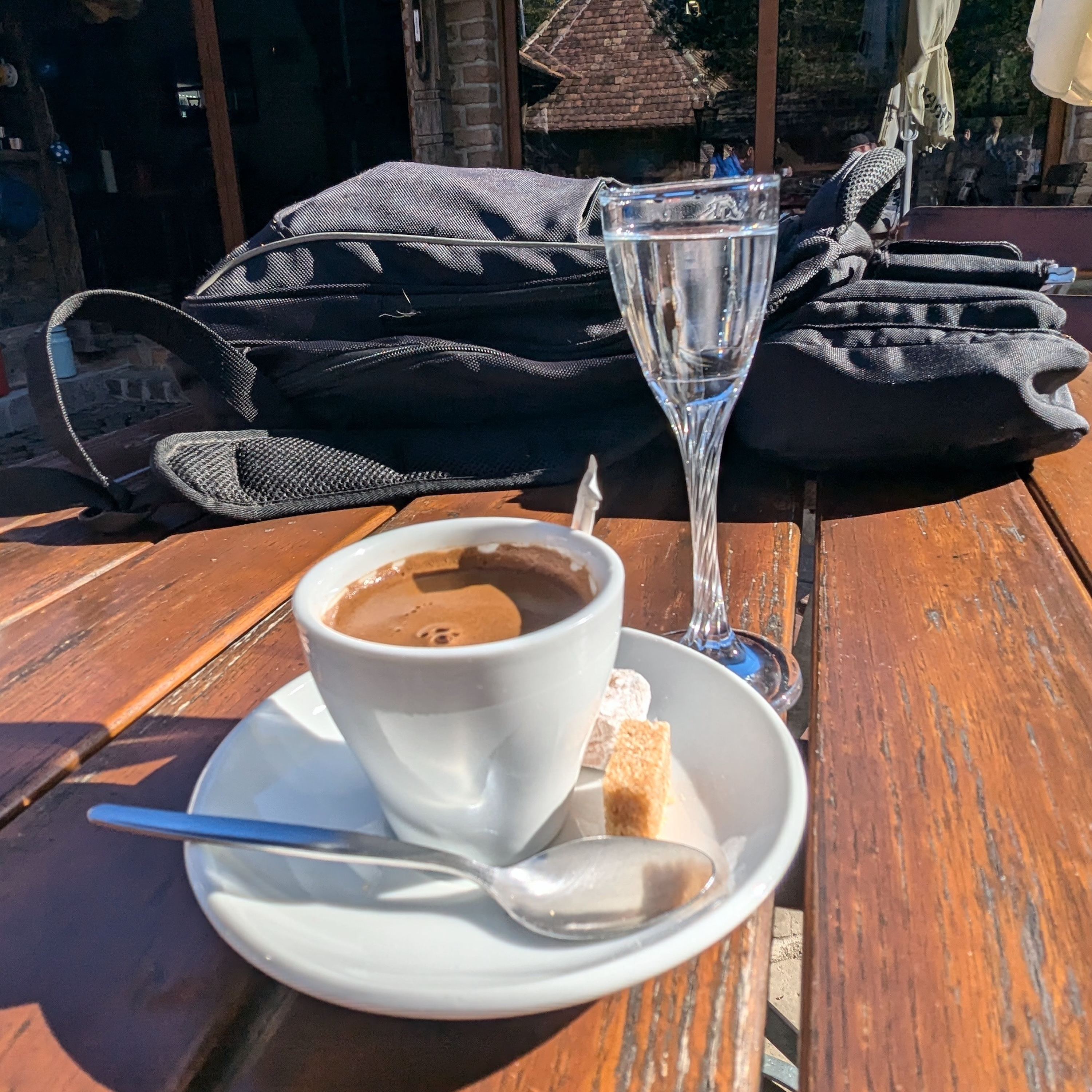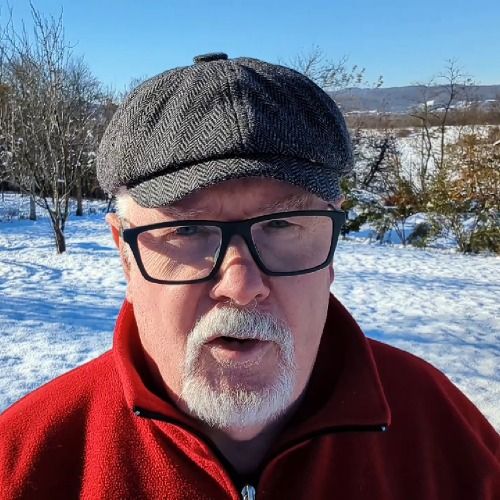Van Life Chronicles: Exploring Bosnia and Herzegovina with Martin Fletcher
In this episode I talk to Martin Fletcher, a British traveler and podcaster who is currently on a journey through the Balkans in his van.
Martin shares his experiences living the van life and traveling through Bosnia and Herzegovina, as well as his plans to head to Turkey for the winter. We discuss Martin's reasons for choosing a nomadic lifestyle, his work as a digital nomad, and his adventures in various countries.
During our conversation, we touch on topics like language barriers, local cuisine, interactions with people in Bosnia and Herzegovina, and Martin's impressions of the country, which he had heard about during the conflict in the early '90s.
We also explore Martin's interest in history and abandoned engineering, as well as his desire to explore more of the country on his way back north.
The episode provides insights into Martin's nomadic lifestyle and his experiences in the Balkans, making it a fascinating listen for anyone interested in travel and adventure.
Follow along with Martin's journey on his podcast, "All Points In Between," and stay tuned for more of his adventures in the Balkans and beyond.
Don't forget to like, subscribe, and share this podcast.
Stay tuned for more exciting stories and adventures from the Englishman in the Balkans podcast!
Thank you for being a part of our podcasting community, and we look forward to bringing you more exciting content in the future.
You can support my work, by maybe leaving a Tip or by becoming a member of our podcast family at: https://anenglishmaninthebalkanspodcast.com/support
Get full access to 🏴 An Englishman in the Balkans Blog 🇧🇦 at https://www.anenglishmaninthebalkans.com/
This is a public episode. If you’d like to discuss this with other subscribers or get access to bonus episodes, visit www.anenglishmaninthebalkans.com/subscribe
Mentioned in this episode:
Tamara Intro Tip




